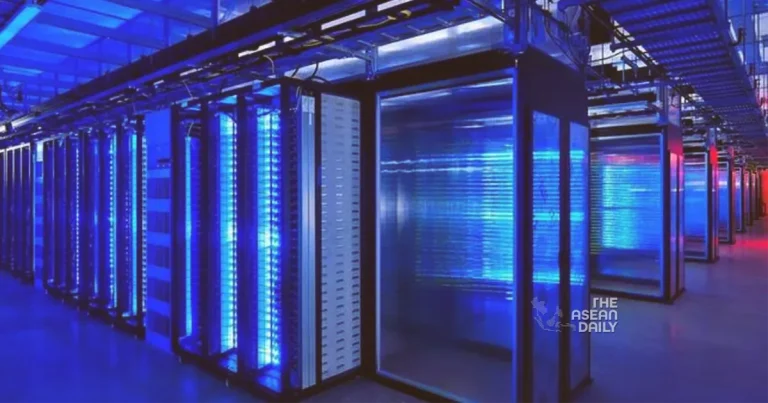9-8-2024 (KUALA LUMPUR) As Malaysia experiences a surge in data centre development, industry experts are calling for a renewed focus on sustainability to mitigate the sector’s significant environmental impact. The burgeoning industry’s voracious appetite for energy has raised concerns among environmentalists and forward-thinking business leaders alike.
Thyaga Rajan, Chief Executive Officer of data centres at Basis Bay, highlighted the pressing need for sustainable practices during his address at the CloudTech and Data Centre Conference 2024 yesterday. “The high electricity consumption of data centres is both alarming and concerning,” Rajan stated, emphasising the urgency of the situation.
According to projections from Tenaga Nasional Bhd (TNB), Malaysia’s energy consumption is set to surpass 5,000 megawatts (MW) by 2035. The immediate outlook for 2024 is equally striking, with nine new data centre projects requiring approximately 700MW of energy supply. Furthermore, ten new electricity supply agreements have been inked, committing around 2,000MW to meet the growing demand from these facilities.
Rajan stressed the need for significant investment in renewable energy sources, including solar, hydroelectric, biogas, and wind power. He pointed out that Malaysia currently lags behind in renewable energy adoption, with TNB’s 2023 report revealing that only 6% of the nation’s total energy mix comes from renewable sources. Solar energy, in particular, accounts for a mere 1.5% of the mix, while non-renewable sources such as coal and natural gas dominate at 94%.
To address these challenges, Basis Bay has implemented a strategic approach to minimise its environmental footprint. The company is exploring innovative solutions, drawing inspiration from green commercial buildings like the Bullitt Center in the United States and the Pixel Building in Australia. “It starts from the building blocks, using innovative construction materials like eco-friendly bricks,” Rajan explained.
The firm is also investing in energy-efficient hardware and leveraging artificial intelligence and machine learning to optimise data centre operations. Rajan emphasised the importance of these practices in extending product lifecycles and increasing the value of server infrastructure over time.
Notably, Basis Bay has taken the initiative to calculate the carbon footprint of all its data centres, a practice Rajan believes should be adopted industry-wide. He called on fellow industry players to champion and support regulations that incentivise emission reduction and to embrace sustainable data centre design, operations, and reporting.
The company’s latest facility in Cyberjaya, Basis Bay Data Centre 2, has been designed with eco-friendliness at its core. “Basis Bay shall continue to lead the industry by example. Our comprehensive approach to sustainable IT infrastructure exemplifies how technological innovation and environmental stewardship can exist harmoniously,” Rajan affirmed.




